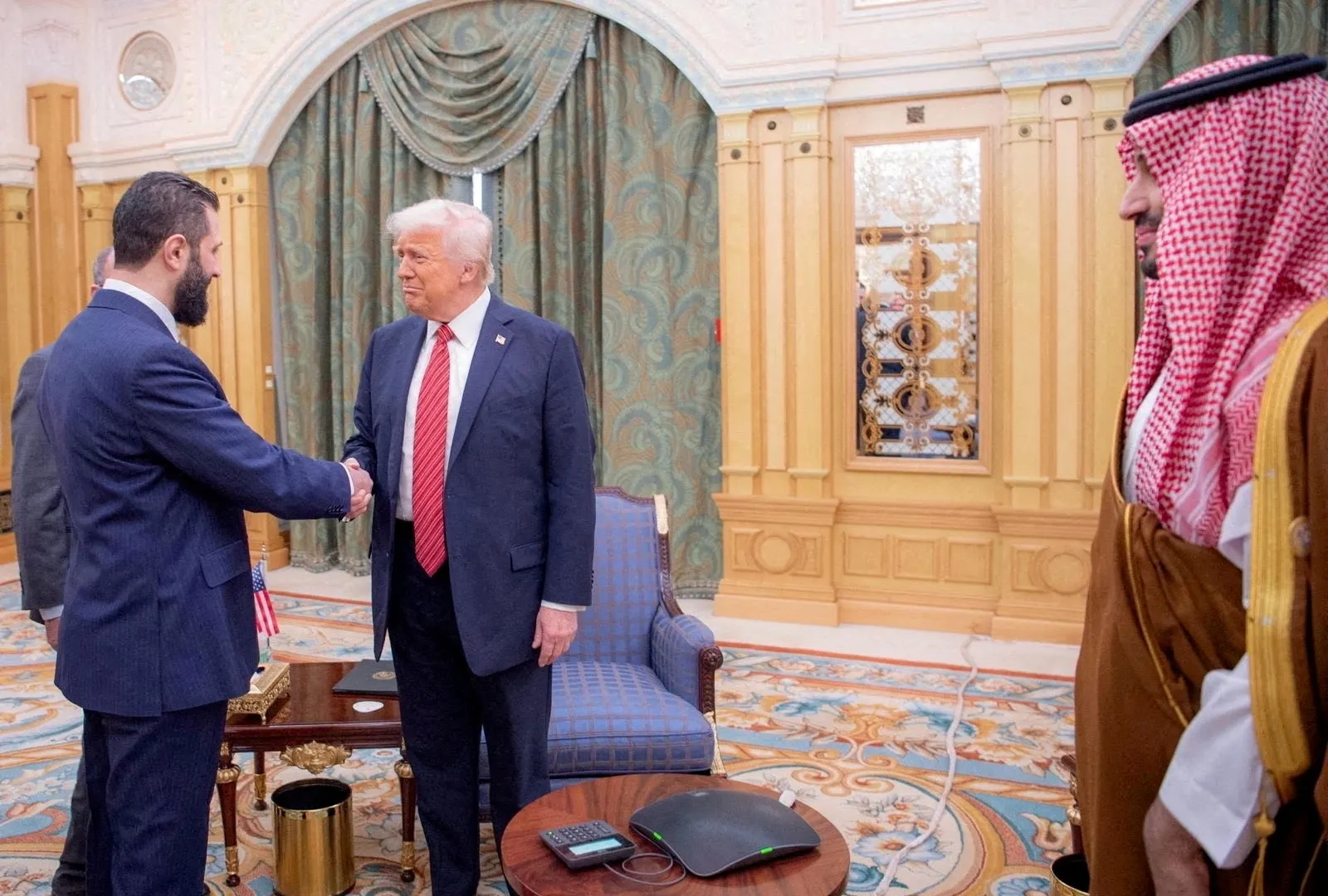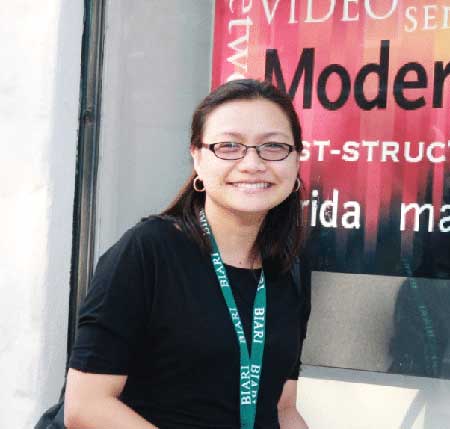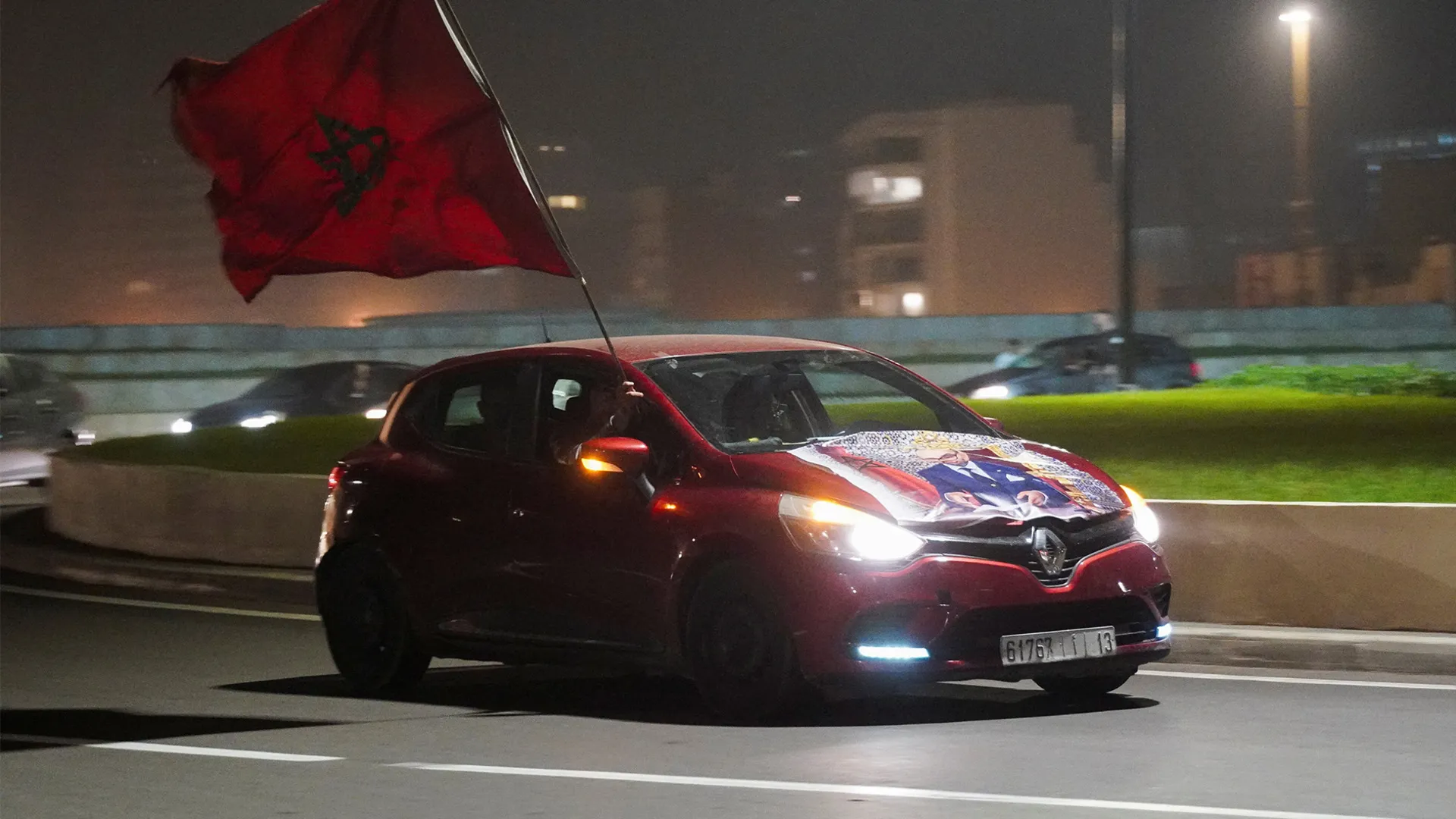In an era of escalating climate disasters, the ability to translate data into life-saving action has never been more critical. For the Asia-Pacific region—the world’s most disaster-prone, this is not an abstract challenge but a daily reality. At the forefront of this battle is the United Nations Economic and Social Commission for Asia and the Pacific (ESCAP), which is leveraging artificial intelligence to close the gap between risk knowledge and on-the-ground resilience. In this exclusive Q&A, Kareff May Rafisura, Economic Affairs Officer at the ICT and Disaster Risk Reduction Division of ESCAP, provides a clear-eyed look at their innovative tool, SatGPT, and how it’s changing the game for communities from the remote village to the ministerial office.
1. It’s one thing to see a flood risk map, and another to break ground on a new levee. Could you walk us through how a local official might use SatGPT to confidently decide where to actually build?
Kareff May Rafisura, Economic Affairs Officer at the ICT and Disaster Risk Reduction Division of ESCAP: First, it’s worth noting that there’s growing rethinking within the science and policy communities on the long-term benefits and trade-offs of constructing artificial levees.
Going back to your question, understanding an area’s flood history is key to making smart infrastructure decisions. You wouldn’t build a levee on natural floodplains, for example. Without risk knowledge, levees might not protect communities effectively and could even cause problems downstream or in ecologically sensitive areas. SatGPT offers a rapid mapping service that helps local officials make risk-informed decisions. It significantly reduces the time and cost traditionally required to assess flood characteristics, such as frequency, spatial extent, and impacts, and converts that data into actionable information. This information is critical for decisionmakers who must weigh it alongside economic, social, and environmental considerations when determining whether, and where, to build a levee.
2. We often hear about getting tech “to the last mile.” Picture a rural community leader with a simple smartphone. How does SatGPT’s insight practically reach and help them make a life-saving decision?
Kareff: SatGPT’s strength lies in enhancing historical risk knowledge. It’s not designed to predict the next disaster, but rather to help communities prepare more effectively for it. For instance, when a rural leader needs to decide whether to evacuate ahead of a flood, she will still rely on early warnings from national meteorological services. What SatGPT can do is support smarter ex-ante planning—so that when early warning information arrives, the community is ready to respond quickly. This includes decisions on where to build shelters, how to lay out evacuation routes, and where to preposition relief supplies. These are all critical elements that must be in place to help avert disasters, as consistently demonstrated in the cyclone response histories of India and Bangladesh.
3. Floods are an urgent threat, but what about slower crises like droughts? Is the vision for SatGPT to eventually help with these less visible, but equally devastating, disasters?
Kareff: ESCAP coordinates the long-standing Regional Drought Mechanism, which has been supporting drought-prone countries in gaining access to satellite data, products, tools, and technical expertise—everything they need to conduct drought monitoring and impact assessments more effectively. Our support goes beyond making data available—we work with countries and partners to strengthen institutions and capacities, converting these data into actionable analytics and insights. We are currently working with three Central Asian countries in establishing their own Earth observation-based agricultural drought monitoring systems.
4. AI is powerful, but it can sometimes reflect our own blind spots. How are you ensuring SatGPT doesn’t accidentally worsen inequality by overlooking the most vulnerable communities in its models?
Kareff: You raised a valid concern. That’s why in our capacity development work, our participants combine SatGPT’s flood mapping with socio-economic data to pinpoint who’s most at risk and where. They work on use cases that unpack the exposure of essential services like hospitals and water treatment facilities. When these critical infrastructures fail, it’s the poorest who pay the highest price. That’s why it’s vital to understand the hazards that threaten them.
5. Governments have tight budgets. If you were making the pitch to a Finance Minister, what’s the most compelling argument for investing in SatGPT now versus spending on recovery later?
Kareff: Investing in reducing disaster risk – which involves measures taken before disasters occur to reduce vulnerability and enhance resilience (e.g., early warning systems, resilient infrastructure, land-use planning) – is far more cost-effective than recovery. Every dollar invested in disaster risk reduction can save multiple dollars in future losses. While the benefits are context-specific, a recent multi-country study found that for every $1 invested, the return can be as high as $10.50.
Kareff: That’s a good point. And beyond technological innovation, we’re also seeing progress in policy and institutional innovations being put in place. Our intention is not to replace national systems, but to show what’s possible when you make risk knowledge accessible and actionable. We work closely with our national counterparts with a focus on integrating SatGPT insights into existing workflows and systems-not reinventing them.
7. Training young professionals is key. Beyond the technical skills, what’s the most important lesson you hope they take away about using this technology responsibly?
Kareff: I’m glad you recognize that today’s most pressing need goes beyond technical expertise. That’s precisely why our technical capacity-building activities are held alongside youth forums to provide a platform for young people to engage in meaningful conversations around values and motivations. As stakeholders, we all share the responsibility of upholding safe, secure, and trustworthy artificial intelligence systems to support sustainable development.
8. Looking ahead a year, what would a “win” for SatGPT look like on the ground? Is it a specific number of communities better protected, or a faster warning time?
Kareff: Forecasting and enhancing the forecast lead times remains the responsibility of mandated early warning agencies. SatGPT is well-positioned to support efforts to protect more communities. By enhancing the historical understanding of floods, it can help improve the accuracy of early warning information, help communities proactively plan their response, and reduce disaster risk ex-ante. In that sense, I would say that effective SatGPT roll-out would amount to both gains in space and time – more communities being warned with improved lead times for mitigative response with more reliable historical data for granular risk characterization.
9. The document mentions turning the Jakarta Declaration into action. From your vantage point, what’s the biggest spark of progress you’ve seen so far?
Kareff: One of the most promising sparks of progress has been the strengthened regional cooperation aimed at enhancing the capacity of countries—especially the countries in special situations—to overcome barriers to accessing the benefits of innovative geospatial applications. With the support of ESCAP members, we are implementing field projects, providing capacity-building and technical assistance, facilitating expert exchange, and knowledge sharing across more than a dozen countries. These efforts are helping to develop space-based solutions from the ground up to tackle sustainable development challenges such as urban poverty, air pollution, droughts, floods, and crop biodiversity loss.
10. Finally, behind all the data and code, you mention this is about protecting lives. Has working on SatGPT given you a new perspective on what “resilience” truly means for a family facing a flood?
Kareff: Having lived and worked for the United Nations in some of the world’s most flood-prone countries, I’ve witnessed first-hand how the lack of historical data can lead to underinvestment in risk reduction. Tools like SatGPT and other digital innovations are not silver bullets, but they help close this gap by converting geospatial data into actionable insights – quickly and more accessibly – to guide communities to prepare and protect lives and livelihoods.
The conversation with Kareff May Rafisura underscores a pivotal shift in disaster risk management: from reactive recovery to intelligent, data-driven preparedness. SatGPT represents more than a technological achievement; it is a practical instrument of empowerment, ensuring that from the finance minister to the rural community leader, the best available knowledge informs the decisions that save lives and safeguard futures. In the fragile balance between human vulnerability and environmental force, such tools are not just helpful, they are essential. The future of resilience in the Asia-Pacific is being written today, not in the aftermath of disaster, but in the proactive, thoughtful application of innovation like SatGPT.



